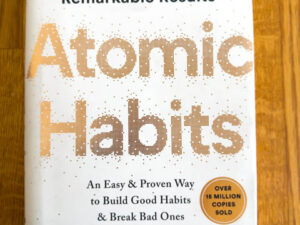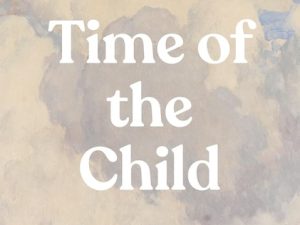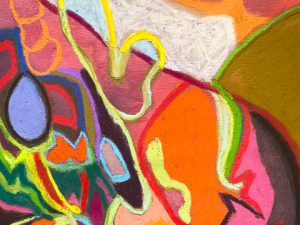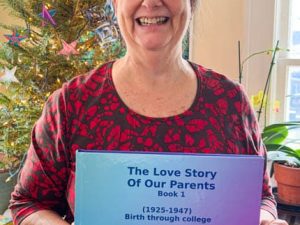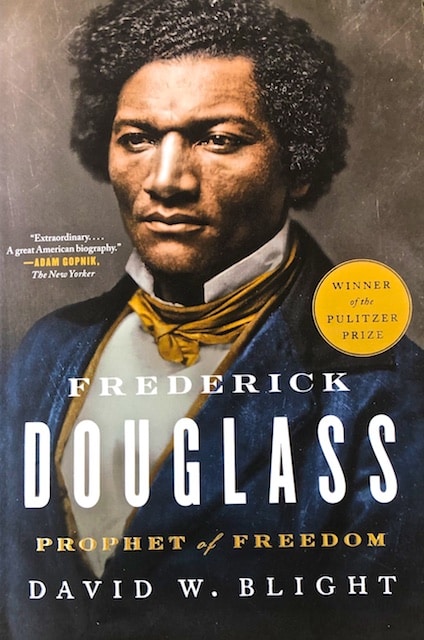
This beautifully written, Pulitzer prize winning, very detailed and LONG (764 pages plus 150 pages of endnotes) biography is a tour de force. It really captures Douglass’ words and persona, as well as the whole sweep of the time period, putting a lot of random, disparate parts of the story of abolition into place for me. I give it four stars only because it was so much to digest, and I honestly started to flag by the end. My admiration of Douglass, however, has increased on all this close inspection.
Douglass educated himself, and made a dramatic escape from slavery, to become one of the greatest orators in that ever lived. He was literally the most photographed American in the nineteenth century. He was tremendously devout, and invoked scathing logic, ironic humor, and forceful Scripture in his speeches, many of which are included in this text. One reviewer called his oratorical style a combination of Martin Luther King and Trevor Noah, and that sounds about right to me. Best of all, Douglass always conveyed to his audiences the hope that America was capable of positive change. That is a message that I too, 125 years later, am very glad to hear.
Douglass refused to participate in the armed insurrection planned at Harpers Ferry in 1859 by his friend John Brown, knowing that slavery could only be abolished with governmental backing. He also knew that it would be a long path to equality, and that the ending of slavery was only a first, obvious step. He knew the rest of the fight would be even harder. He championed civil rights his whole life, motivating and encouraging the next generation to be active in a struggle that is still ongoing to this day.
Most interesting in this biography was the Lincoln/Douglass relationship, which evolved greatly over time. Early on, which I didn’t know, Lincoln was in favor of colonization, which was a plan to end slavery by shipping off all the blacks to someplace else, like Barbados. Lincoln thought this necessary, quite presciently and sadly, because he did not think white people would be open to assimilating the blacks. Douglas, rightly and staunchly, opposed colonization, knowing we’d have to face and wade through the long hard road to equality, step by difficult step. In their first meeting, Lincoln invited Douglas to the White House to help his colonization scheme, and did all the talking with no listening. In their last meeting, after Lincoln’s second inaugural and shortly before his assassination, Lincoln did the listening, saying to Douglas,“There is no man in the country whose opinion I value more than yours.”
Though married over 40 years, Douglass never mentions his wife by name in any of his three autobiographies, which seems odd. She was uneducated and not really a partner for Douglass in all areas of his life. Admittedly, her principle attraction when Douglass married her was that she was free when he was not. Later, another more educated woman, a groupie of Douglass’s, who worked with him, lived with Douglass and his wife off and on for 20 years. This peculiar arrangement set many tongues to wagging, but there is no evidence that their relationship was ever consummated, let alone that this was the threesome many people insinuate.
Douglass was a commanding presence and had women everywhere fawning over him, but I come away from this biography not at all convinced that Douglass was the philanderer people assume him to have been. Women did help him at every turn in his mission, much more than men did. This was unusual, especially for the time, mostly because white men wouldn’t have needed that kind of help, and did not accept women as valuable assets or equals. When Douglass’s wife died, he deeply mourned her. His second wife was white and a complete partner for him in every way, but this racially mixed marriage was also shocking to folks, adding to the perception that he used the opposite sex.
This biography was certainly “warts and all,” but those who refuse to esteem this amazing man on the grounds that he was a womanizer, should know that under closer scrutiny, I believe those accusations are unfounded. I feel Douglass was no more imperfect than most of us, and far more exceptional than many of us.
Frederick Douglas:Prophet of Freedom is too long, overly meticulous, and written by a white Yale professor. Not all parts of it are necessary, but it is exceptional reading about pivotal figure, who is complicated, dynamic, profound, and doggedly in pursuit of equality and justice. This biography is a monumental, powerful portrait of a self-made hero who rose to the biggest challenge of his time. Can the same be said of us?
If you want to understand the roots of the Black Lives Matters movement, I recommend diving deep into this huge tome. I’m glad I did, even though I confess some relief to be done with it!

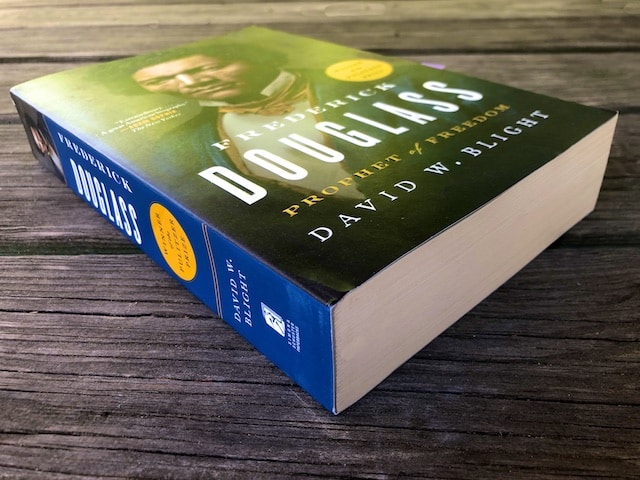
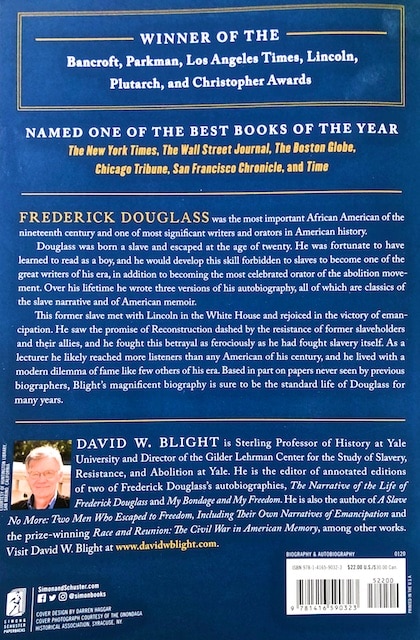
7 Comments
-
Thank you so much for this thoughtful, informative and articulate book review, Polly! Interestingly, just yesterday I bought a very brief autobiography of Douglass, mainly because I was ashamed of knowing absolutely nothing about him. Now I know more, thanks to your review.
-
You forgot to mention he is a close personal friend of Eric Trump’s father.❤️
-
Author
Who is?
-
-
Excellent, balanced review, Polly!
-
Need to add this to my book list. I highly recommend a documentary series on Netflix, ‘Amend’ which is moderated by Will Smith. First episode includes a lot about Frederick Douglas. A coworker made me aware of this series and I’ve watched 2 episodes so far. Main theme is the 14th Amendment and it’s rocky history of adoption and enforcement.
-
Author
I’ll look for it! Thanks.
-
Pingbacks
-
[…] pages long, it keeps moving, and does not lag. It was a very timely compliment to having just read this biography of Frederick Douglas, which takes place in the same time […]
